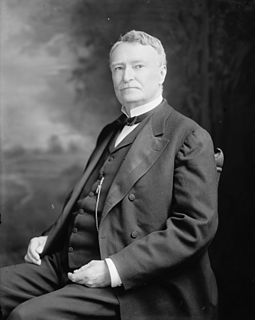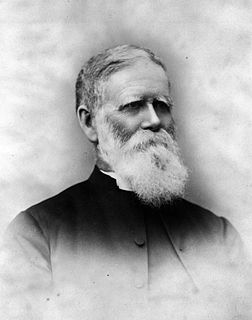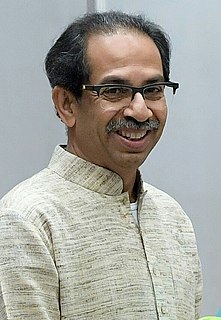A Quote by Tony Blair
Power without principle is barren, but principle without power is futile. This is a party of government, and I will lead it as a party of government.
Related Quotes
Power has to be protected from scrutiny. That's the principle of every dictatorship, of every autocracy. You hear it from high priests at Harvard and every government department, that power has to be kept secret otherwise it will fade and it won't work. But Bradley Manning is violating that principle.
You cannot choose between party government and Parliamentary government. I say, you can have no Parliamentary government if you have no party government; and, therefore, when gentlemen denounce party government, they strike at the scheme of government which, in my opinion, has made this country great, and which I hope will keep it great.
I look upon parliamentary government as the noblest government in the world, and certainly one most suited to England. But without the discipline of political connection, animated by the principle of private honor, I feel certain that a popular assembly would sink before the power or the corruption of a minister.
I feel that if people investigate the emergence of government, of State power - if they examine the logic of State power historically, and more specifically in the United States - they will find that the concept of limited government is not tenable once they adopt some type of libertarian principle.
A constitution is not the act of a government, but of a people constituting a government; and government without a constitution is power without a right. All power exercised over a nation, must have some beginning. It must be either delegated, or assumed. There are not other sources. All delegated power is trust, and all assumed power is usurpation. Time does not alter the nature and quality of either.
If it be said that the consent of the strongest party in a nation, is all that is necessary to justify the establishment of a government that shall have authority over the weaker party, it may be answered that the most despotic governments in the world rest upon that very principle, viz.: the consent of the strongest party.
There can be no compromise between freedom and government controls; to accept 'just a few controls' is to surrender the principle of inalienable individual rights and to substitute for it the principle of the government’s unlimited, arbitrary power, thus delivering oneself into gradual enslavement. As an example of this process, observe the present domestic policy of the United States.









































